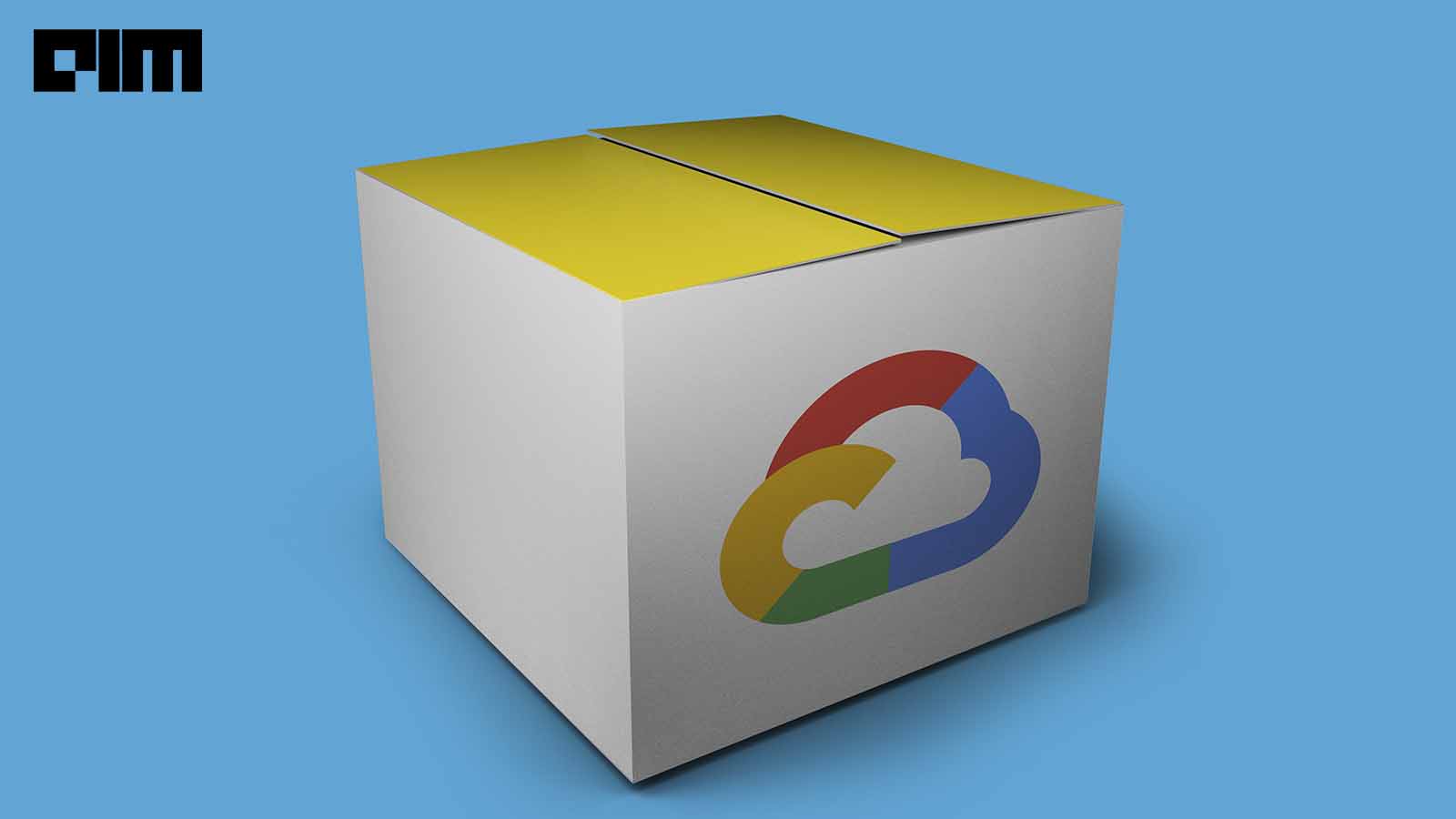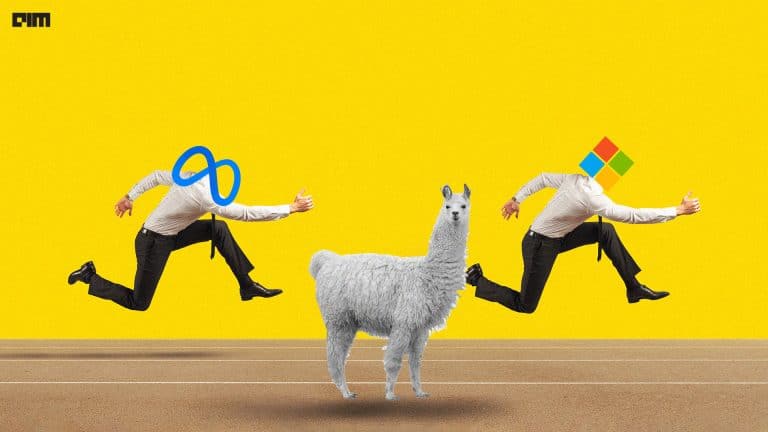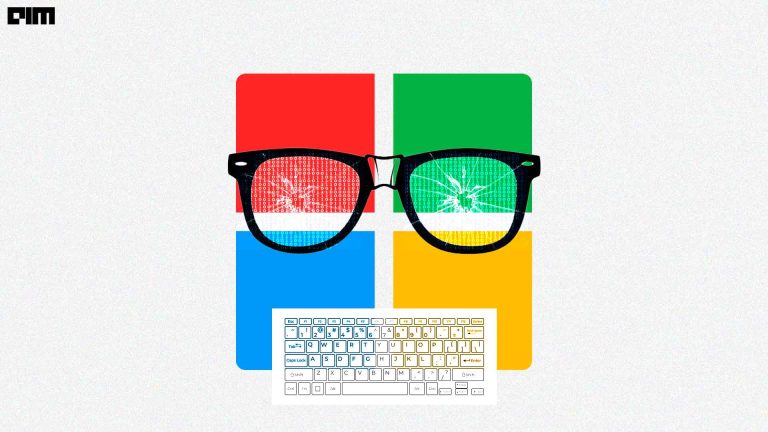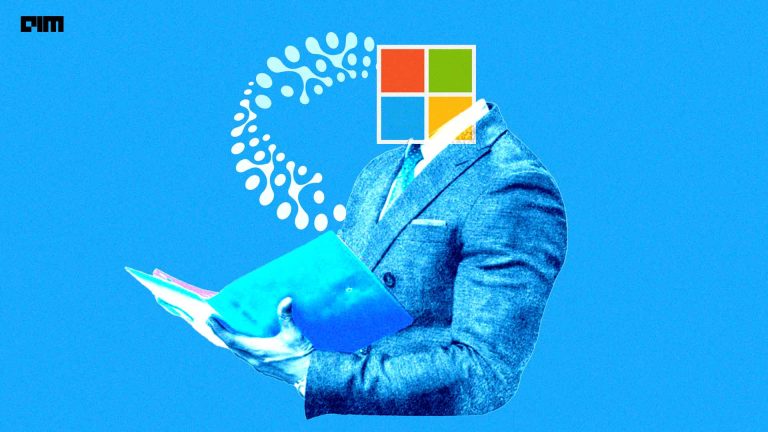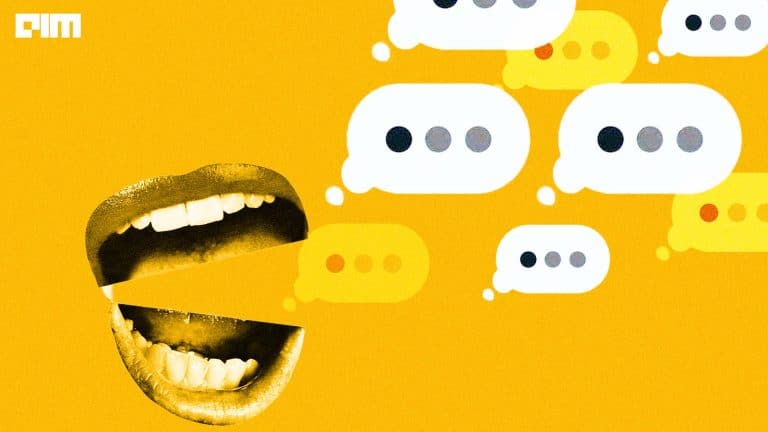|
Listen to this story
|
In a move to overthrow Microsoft and OpenAI, Google today announced the launch of PaLM API. This new API allows developers and businesses to build applications using its SOTA large language model. This is the first time that Google is providing access to its underlying models – the same model behind Search, YouTube, and Gmail.
Excited about PaLM API: an easy and safe way for developers to build on top of our language models, and MakerSuite, a tool to jumpstart prototyping – both in private preview today. @googlecloud customers can also access these models + more via Vertex AI. https://t.co/ajijHlgdMh
— Sundar Pichai (@sundarpichai) March 14, 2023
Besides this, Google also launched MakerSuit, a tool to quickly prototype generative AI apps, allowing developers to iterate on prompts, augment their dataset with synthetic data, and tune custom models.
This new API and MakerSuite would be accessible to select developers in Private Preview, and soon it will be launching a waitlist.
In addition to this, Google also announced a host of new partnerships to spread the word and accelerate adoption with launch partners. This includes AI21 Labs, Midjourney, and Labelbox, alongside several consulting partners, including Boston Consulting Group (BCG), Accenture, and McKinsey & Company.
Google also said that they are bringing new generative AI capabilities to their Google Cloud AI portfolio to help developers and organisations access enterprise-level safety, security, and privacy, as well as integrate with their existing Cloud solutions. Further, it said that trusted testers would be getting access to Vertex AI with Generative AI support and generative AI app builder.
The company also announced the new generative AI features in Google Workspace, where it looks to help users work on the task more seamlessly. Google said that it will be rolling out these new experiences to testers in the coming weeks.
This new development by Google comes against the backdrop of the GPT-4 launch by OpenAI.


